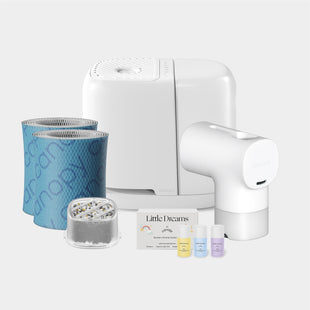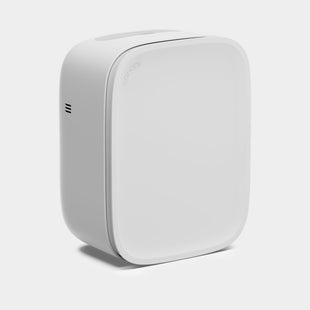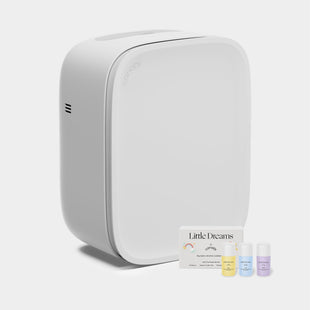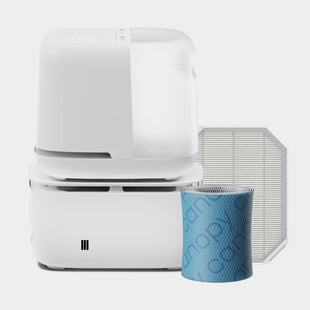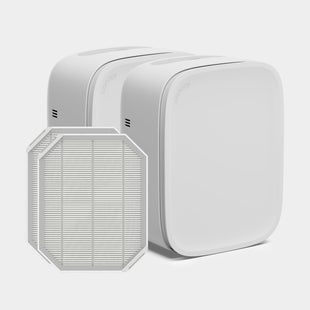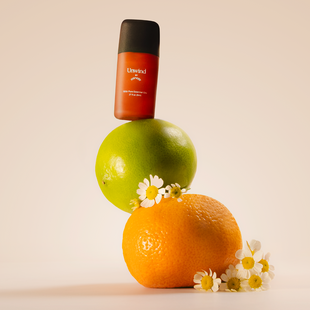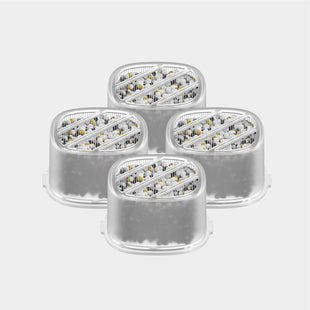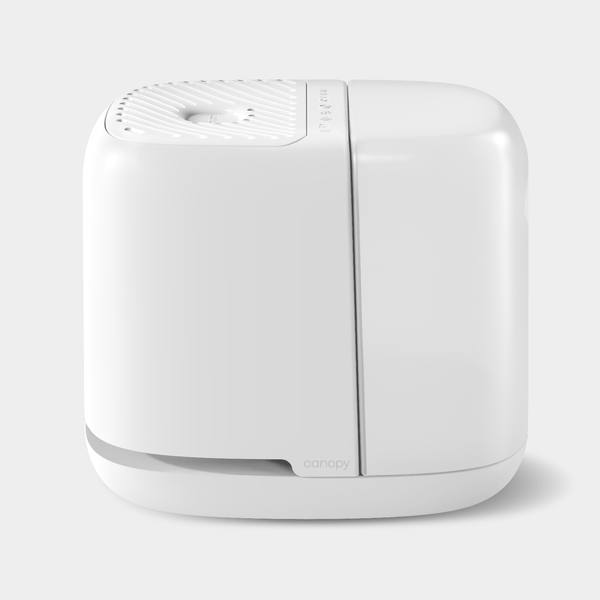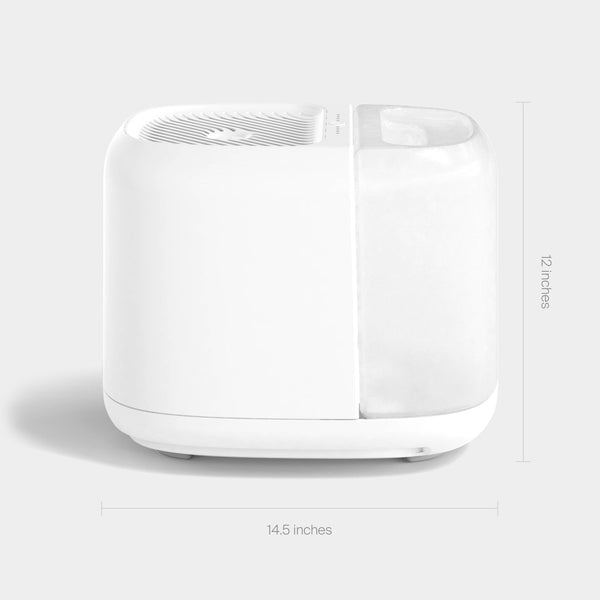While many factors can cause dry skin, from cold weather to certain medications, some can be harder to treat than others. Many autoimmune diseases and chronic illnesses can create chronic skin issues that may not be treatable with standard skincare solutions. Fortunately, there are plenty of simple home remedies for relieving itchy, scaly skin.
Common Chronic Conditions That Cause Dry Skin
There are many chronic conditions that are known to cause skin problems. This is especially common in autoimmune diseases, which are the result of an overactive immune system attacking healthy cells, tissues, and organs—like skin. Here are some common conditions that can affect the health and appearance of your skin:
- Eczema
- Psoriasis
- Type 1 diabetes
- Rheumatoid arthritis
- Sjögren’s syndrome
- Hypothyroidism
- Scleroderma
- Lupus
Not only can these conditions cause dryness, but they can also lead to cracked skin and itchy, scaly patches. Severe dryness and cracks can sometimes cause bleeding and increase the risk of infection. Whether you need skin care for eczema, diabetic dry skin, or any other chronic condition, it’s always better to act quickly and create a routine.
Tips to Take Care of Your Skin at Home
1. Apply Sunscreen
The sun’s rays contain ultraviolet (UV) radiation, which can damage skin. In individuals with autoimmune diseases—like Sjögren’s syndrome—exposure to UV radiation can trigger flare-ups, resulting in painful rashes. Sunscreen is an essential Sjögren’s syndrome treatment for dry skin and any other chronic condition that causes skin problems.
Look for broad-spectrum sunscreens to protect against both UVA and UVB rays. Use an SPF of at least 30 and apply enough sunscreen to cover all exposed areas of skin. As long as you stay outdoors, remember to reapply sunscreen every 2 hours or more often if you’ve been sweating or in water.
2. Moisturize Daily
Moisturizing is necessary for any daily skincare routine, especially for those with chronic dry skin. Using the right moisturizers can help soothe itchy, uncomfortable skin and reduce the risk of flare-ups. Be sure to apply a dermatologist-recommended facial moisturizer every time after showering, bathing, or facial cleansing. For the rest of your body, stick with a cream or ointment instead of body lotion. These products are thicker than lotions and are more effective at keeping skin hydrated.
3. Invest in a Humidifier

Your skin needs water in the air to be able to lock in moisture. Dry air can worsen dry skin associated with chronic illnesses and autoimmune diseases, especially in the winter. Balancing indoor humidity levels with a Canopy Humidifier may help keep your skin looking and feeling better.
Our original Bedside Humidifier was developed with the assistance of a leading dermatologist—and recently redesigned with ongoing support from the experts—to help support a healthy skin barrier, combat dryness and sensitivity, and enhance the effectiveness of skincare products. The proprietary mold-inhibiting* design inside the humidifier and evaporative no-mist technology ensures you get nothing but clean, filtered air free of excess moisture, bacteria, and unwanted particles.
We brought these features to the whole home with our Large Room Humidifier, which is ideal for spaces up to 1,000 square feet. Whether you live in a cozy studio or want more balanced humidification throughout the house, you have more options for softer, healthier skin.
Bring the Portable Humidifier when you’re on the go to add much-needed water to the air. If you’ve ever dealt with parched skin at work or during travel, this compact device provides the soothing moisture you need.
4. Use Gentle Cleansers
When you have an autoimmune disease or chronic illness that causes dry, sensitive skin, it’s important to be careful about the products you use. Many soaps and facial cleansers contain harsh ingredients, like alcohol, fragrances, and other additives that can irritate sensitive skin. Instead, get mild, fragrance-free products made specifically for dry and sensitive skin types.
There are even specially formulated products for certain skin conditions. If you’re wondering how to treat diabetic dry skin or seeking skincare products for eczema, look for gentle facial cleansers and body washes with labels and certifications specific to your condition. For example, the National Eczema Association has a Seal of Acceptance™ for safe products.
5. Adjust Your Shower Routine
Take care to bathe and shower only in warm water. Hot water strips natural oils from the skin and disrupts its natural moisture barrier, leaving your skin unprotected and lacking hydration in dry air. Keep showers short and lukewarm, ideally between 98 and 105 degrees Fahrenheit.
Additionally, consider what’s in your tap water. Most people are unaware of their water’s chlorine and mineral content. Whenever you shower, chlorine and hard water minerals, like calcium and magnesium. can dry out skin, leaving it itchy and flaky. Excessive chlorine and harsh minerals can also cause autoimmune conditions, like psoriasis or eczema, to flare up.
Canopy’s Filtered Showerhead removes harsh dissolved chemicals, heavy metals, and other contaminants from your tap for cleaner water that won’t irritate your skin or scalp. This helps maintain your skin barrier even after baths and showers.
Did you know that Canopy is now FSA/HSA eligible? That means you may be eligible to buy our devices with pre-tax dollars, resulting in savings of 30–40%. Learn how to use your FSA/HSA dollars for healthier, more comfortable skin.
*Mold inhibition limited to device interior. Does not treat air or environment. 3rd party lab-tested with Aspergillus niger (ATCC 6275, 16404).









